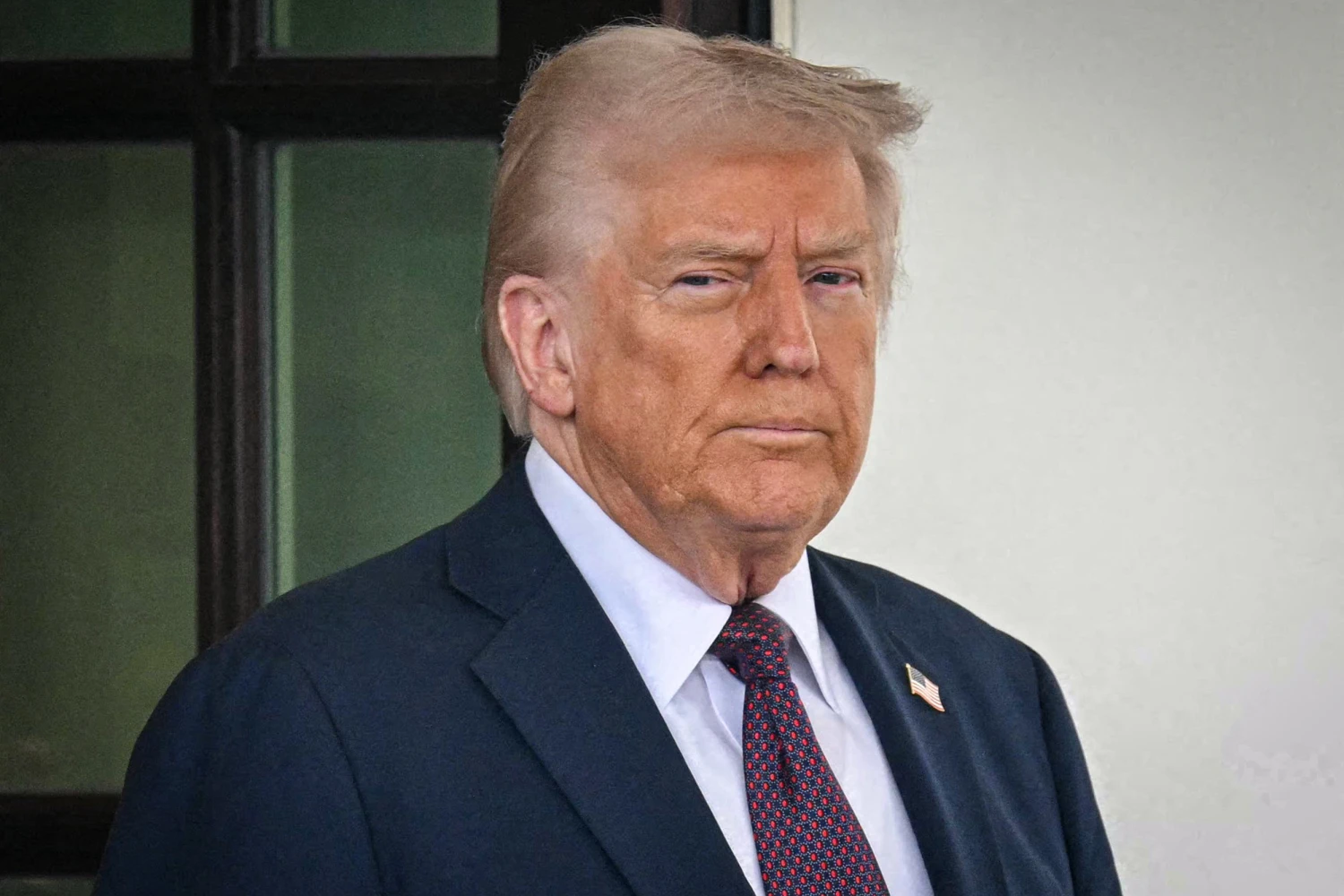A Legal Threat With a Tight Deadline
The BBC faces a potential $1 billion lawsuit from former U.S. President Donald Trump after the broadcaster aired an edited version of a speech he gave prior to the January 6, 2021, Capitol events.
In a letter obtained by news outlets, Trump’s legal counsel, Alejandro Brito, outlined three conditions the BBC must meet to avoid litigation: issue a full and fair retraction, apologize immediately, and appropriately compensate the former president. The deadline for compliance is Friday, November 14.
The demands follow the controversial Panorama documentary, Trump: A Second Chance?, which aired shortly before last year’s U.S. presidential election. The film appeared to show Trump encouraging supporters to “fight like hell,” though legal documents note that the line was edited from a section discussing perceived election irregularities.
The Disputed Footage
The controversy centers on how Trump’s words were presented. In the BBC version, he is shown saying:
“We’re going to walk down to the Capitol… and I’ll be there with you. And we fight. We fight like hell.”
According to Trump’s representatives, the original speech was substantially different:
“We’re going to walk down to the Capitol, and we’re going to cheer on our brave senators and congressmen and women.”
Legal filings contend that the altered segment was “false, defamatory, disparaging, and inflammatory,” potentially misleading viewers about Trump’s intentions during a politically charged moment in U.S. history.
Leadership Shake-Up at the BBC
The backlash prompted swift action at the BBC. Director General Tim Davie and CEO of News Deborah Turness both resigned from their positions on Sunday, November 9.
BBC Chairman Samir Shah publicly apologized, acknowledging an “error of judgment” and admitting the edited footage gave the impression of a direct call for violent action. The organization stated that it will review Trump’s legal letter and respond “in due course.”
Trump’s Statement and Broader Criticism
Trump, writing on his social media platform Truth Social, praised the resignations of the BBC leadership as justified, describing the edits as an attempt to influence the U.S. presidential election.
“The TOP people in the BBC, including TIM DAVIE, the BOSS, are all quitting/FIRED, because they were caught ‘doctoring’ my very good (PERFECT!) speech of January 6th,” he said.
“These are very dishonest people who tried to step on the scales of a Presidential Election… What a terrible thing for Democracy!”
Trump’s post emphasizes both the political and reputational stakes he claims to have suffered, framing the legal threat as a response to perceived foreign interference in U.S. elections.
The Legal Framework
Brito’s letter asserts that failure to comply with the demands will force Trump to exercise “any and all legal rights and remedies available” to recover financial and reputational damages. While the BBC is based in the United Kingdom, experts note that international libel and defamation law can intersect in complex ways when the subject is a foreign national with a high-profile reputation.
Legal analysts predict that the case could spark lengthy cross-border litigation, raising questions about the limits of editorial discretion and the responsibilities of international broadcasters when covering foreign political figures.
Historical Context
Trump was acquitted in his impeachment trial for allegedly inciting the January 6 Capitol riot, following his speech on the same day. The legal threshold for proving defamation in the U.S. — particularly involving public figures — is high.
Analysts say Trump’s claim hinges on the argument that the BBC’s edits materially misrepresented his statements, potentially causing measurable harm to his reputation and professional endeavors.
International and Diplomatic Implications
The BBC, often considered one of the world’s most respected news organizations, is also a public broadcaster funded by UK license fees. Any legal fallout from a high-profile lawsuit could have broader implications for how media outlets cover foreign leaders, particularly during contested elections or politically sensitive moments.
Observers note that the case could influence how international broadcasters navigate political coverage, especially when content might be interpreted differently by domestic and foreign audiences.
Potential Outcomes and Next Steps
The BBC has several options in responding to Trump’s demands:
-
Comply fully by issuing a retraction, apology, and compensation.
-
Negotiate a settlement to reduce financial exposure while acknowledging editorial errors.
-
Fight the claim in court, which could involve prolonged international litigation and high costs.
Legal experts caution that the high-profile nature of both the plaintiff and the broadcaster ensures this case will be closely watched worldwide, potentially setting precedents for media law and defamation claims involving political leaders.
Why This Matters
Even though the documentary aired nearly two years ago, the case underscores several ongoing tensions:
-
The responsibility of media outlets in editing and framing political speeches.
-
The legal protections available to high-profile public figures.
-
The influence of foreign media on domestic politics in the U.S.
Observers suggest that regardless of the outcome, the dispute will prompt closer scrutiny of international reporting practices, especially when controversial political events are involved.

James Jenkins is a celebrated Pulitzer Prize-winning author whose work has reshaped the way readers think about social justice and human rights in America. Raised in Atlanta, Georgia, James grew up in a community that instilled in him both resilience and a strong sense of responsibility toward others. After studying political science and creative writing at Howard University, he worked as a journalist covering civil rights issues before dedicating himself fully to fiction. His novels are known for their sharp, empathetic portraits of marginalized communities and for weaving personal stories with broader political realities. Jenkins’s breakout novel, Shadows of Freedom, won national acclaim for its unflinching look at systemic inequality, while his more recent works explore themes of identity, resilience, and the fight for dignity in the face of oppression. Beyond his novels, James is an active public speaker, lecturing at universities and participating in nonprofit initiatives that support literacy and community empowerment. He believes that storytelling is a way to preserve history and inspire change. When not writing, James enjoys jazz music, mentoring young writers, and traveling with his family to explore cultures and stories around the world.









